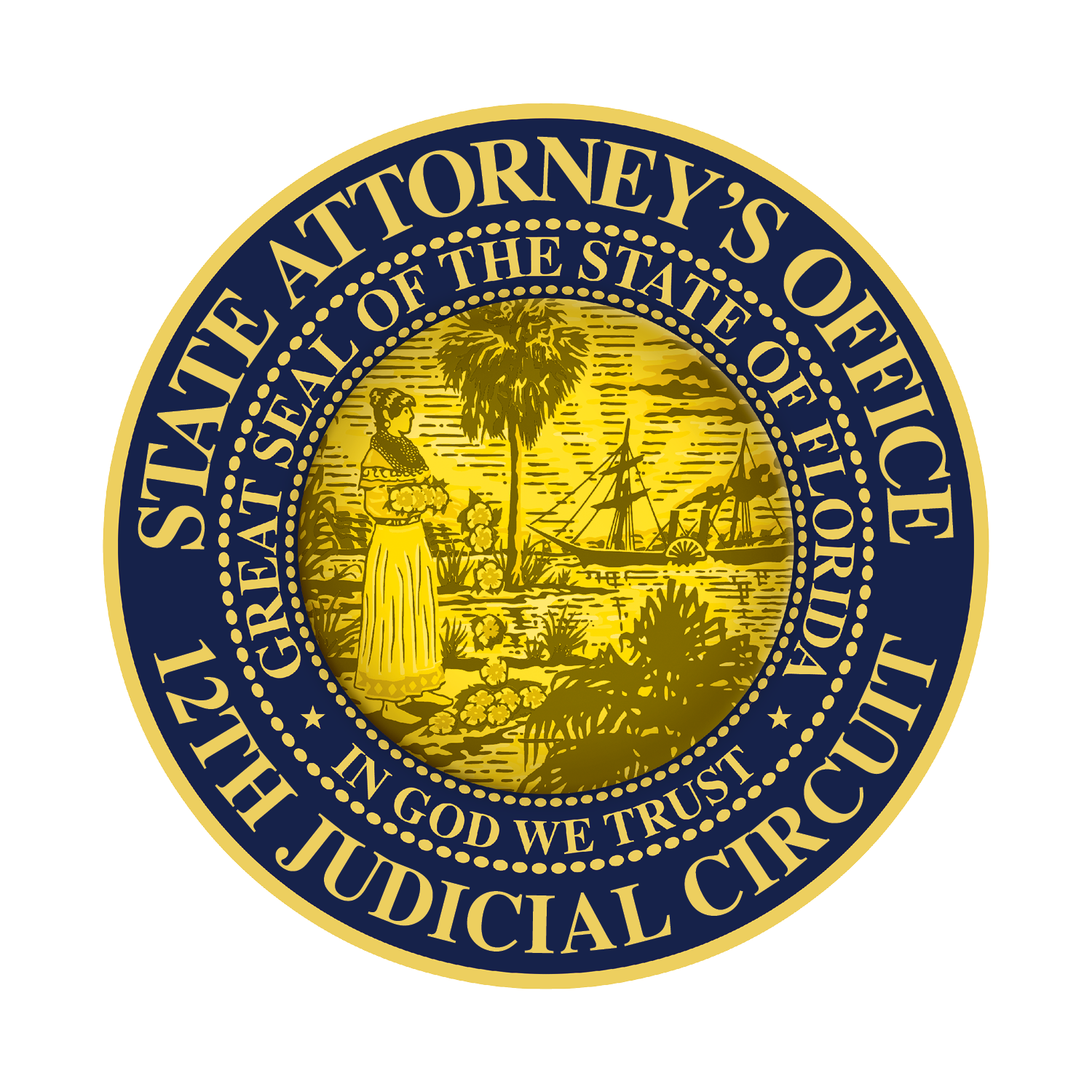The 12th Judicial Circuit offers one of the most robust array of treatment courts in the state. Treatment courts are sometimes called Problem-Solving Courts or Specialty Courts. Treatment courts are different than the traditional divisions of prosecution. These courts are typically made available to offenders whose offenses are non-violent, low-level offenses. Each offender must express an interest in one of the specialty courts and make application for admission. The offender is then screened for both legal and clinical eligibility and explained the terms and conditions of each unique program.
Treatment courts are focused on solving the underlying problems that led an offender to violate the law with the focus on rehabilitation and benefitting the offender and the community by reducing recidivism.
We support treatment courts at the State Attorney’s Office because they have been proven to be successful in three important metrics:
- Lowering recidivism by helping offenders become crime-free.
- Addressing the needs of each offender that are some of the prevalent reasons that caused the offender to commit a violation of the law.
- Helping offenders become productive members of the community through participation in services and by being compliant with all program conditions.
Compliance with conditions in a specialty court may be more onerous than in a traditional prosecution model, but these programs are specially crafted to bring about the success of the offender in all phases of their daily activities.
The following specialty courts may be available to offenders based on the offense committed, their criminal history, and their specific needs.
Drug Court
Drug Court is offered to felony offenders whose offense is typically a non-violent, lower-level offense, and with offenders who have no serious history of criminal violence. Participants have drug dependency issues which have led them to offend. Offenders are offered an array of treatment services to address their drug dependency.
Veterans Court
Veterans Court is offered to those members of the military, or former members of the military, whose offense is typically non-violent lower-level offenses and with offenders who have no serious history of criminal violence. Participants have drug dependency issues which have led them to offend or may have a service-related condition that led to the commission of the offense. Offenders are connected with services for our veteran along with an array of treatment services to address their drug dependency.
Comprehensive Treatment Court
Comprehensive Treatment Court is offered to misdemeanor and felony offenders whose offense is a low-level non-violent offense. Offenders should also have no serious history of criminal violence. Services in Comprehensive Treatment Court are designed to address any underlying mental health issues, alcohol or drug dependency issues, along with offering services to address offenders who are homeless or in need of housing assistance.
Community Care Court
Community Care Court is designed for misdemeanor offenses, typically low-level non-violent offenses. Offenders should have no serious history of criminal violence. Services in Community Care Court are designed to assist our homeless population or those in need of housing assistance.
Health Care Court
Health Care Court is designed for misdemeanor and felony offenders whose offense is a non-violent, low-level offense and the offender should have no serious history of criminal violence. Services in Health Care Court are intended to offer mental health services to help address the underlying reasons that cause the offender to violate the law.
DUI COURT
DUI Court is a program offered to offenders with a previous DUI and are before the court on a subsequent DUI that have alcohol or substance abuse addiction issues. Services are offered to assist the offender to overcome their addiction with the goal of preventing impaired driving.
TYLA COURT
TYLA is the acronym for Turn Your Life Around. TYLA Court was designed to combat human trafficking.
TYLA Court is typically offered to offenders whose primary offense is prostitution. Services include trauma counseling, substance abuse treatment, and may also include housing assistance.
JUVENILE TRUANCY COURT
Juvenile Truancy Court is designed to engage parents and students when truancy has become a problem for a child attending school. The goal of this program is to offer services to the child and parents enabling the student to enroll in or maintain regular attendance in school.
